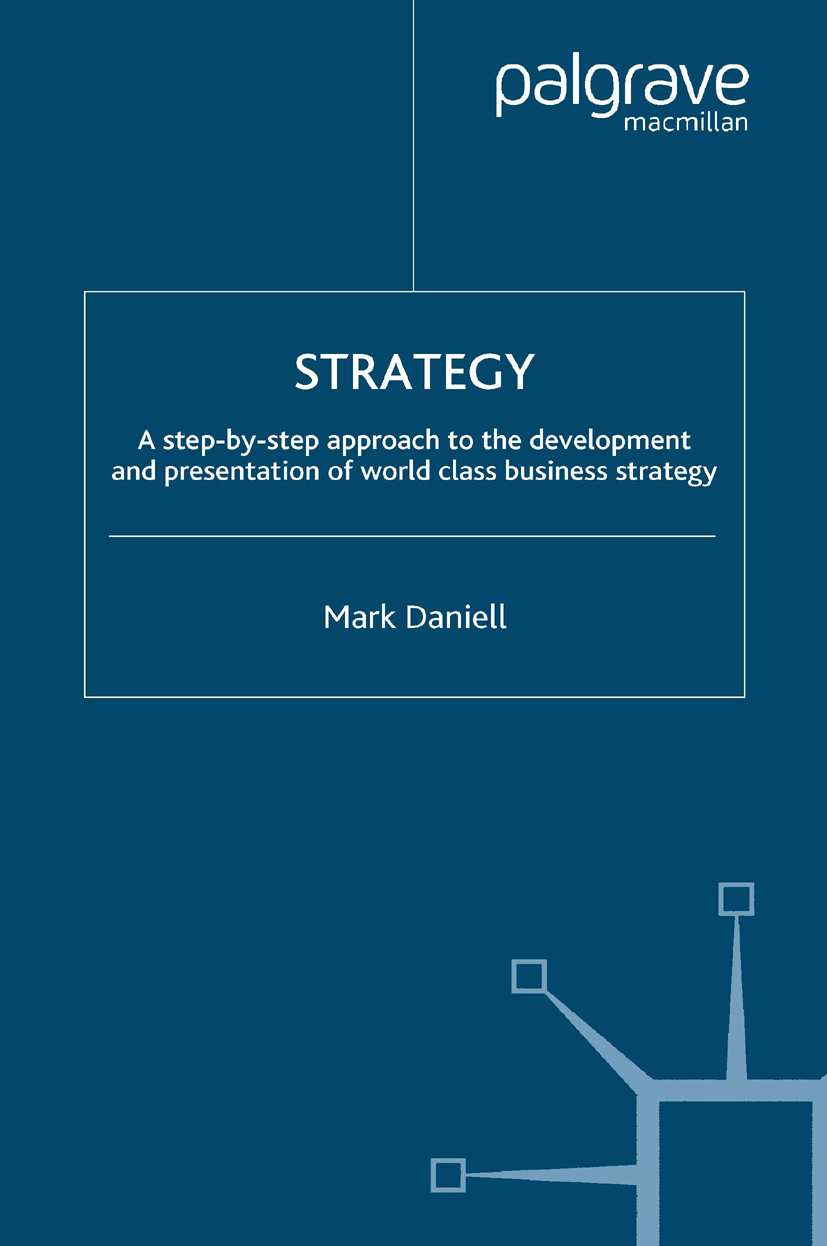Pneumonia (along with influenza) is the sixth leading cause of death in adults. About 4 million adults develop pneumonia each year in the US, resulting in 64 million days of restricted activity, 39 million days of bed confinement, and 10 million days of lost work. Yet the admission rates to hospital, length of stay, investigations, antimicrobial therapy and prevention strategies vary greatly from one geographic area to the next, and the scientific basis for many of our management strategies for pneumonia is weak to nonexistent. There are over 100 microbial agents that can cause pneumonia and many of these, especially Streptococcus pneumoniae, Group A streptococcus, and Staphylococcus aureus, are in a state of flux in terms of changing antimicrobial resistance. This book is designed to provide new information about pneumonia and identify critical research questions that will come to the fore as we enter the 21st century.












